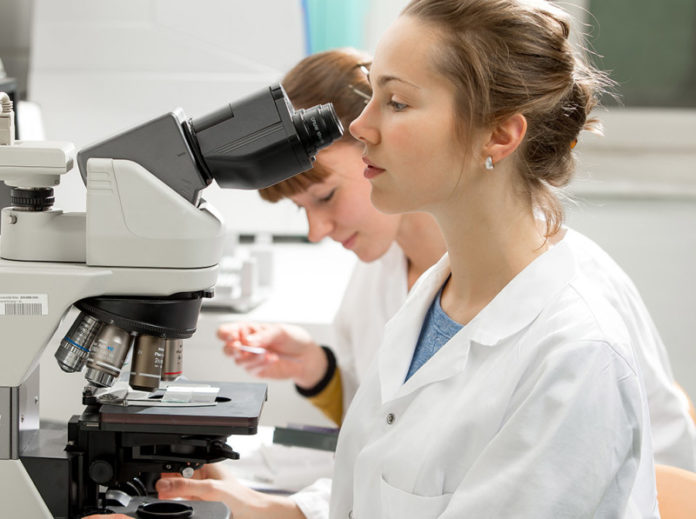
As an indicator of prostate cancer, the PSA test is regarded in urology as highly controversial since it is not always unequivocal. A team of researchers from the Comprehensive Cancer Center at the MedUni Vienna and Vienna General Hospital has now developed a program that compensates the shortfalls of PSA screening with methods from personalized medicine. As a result, prostate cancer screening is able to reach a new level of quality.
According to Statistik Austria, around 4,700 men develop prostate cancer (adenocarcinoma) every year in Austria. Around 1,146 of these men die during the same period. The PSA (prostate-specific antigen) is the most important marker used for diagnosing prostate cancer. In the professional field, however, it is viewed as being too inaccurate and therefore serves merely as an indicator. A team of scientists led by Shahrokh Shariat, Head of the University Department of Urology at the MedUni Vienna and the Vienna General Hospital and member of the Comprehensive Cancer Center (CCC) Vienna, has now developed a program that optimises the testing procedure. As a result, prostate cancer screening is markedly improved.
PSA: still the best bio-marker in oncology
Says Shariat: “Although the PSA is not an ideal marker, it is still the best diagnostic bio-marker across the whole of oncology. At a younger age, i.e. around 40 — 45 years, it is very useful in terms of predicting the risk of prostate cancer. The data also confirms this. Since the PSA screening test was introduced, deaths from prostate cancer have fallen by 40 per cent. So the question isn’t about whether PSA screening should be carried out or not. It’s more about doing it cleverly.”
Personalized medicine for the PSA test too
The weak point of the PSA test is that a raised PSA level does not always indicate an increased risk of prostate cancer, or even the presence of a cancer at all. Consequently, if the PSA level was raised, the previous approach has been to instigate aggressive therapy, which was often associated with major risks such as incontinence or erectile dysfunction. To counteract these side effects of “overtherapy,” Shariat and his team have developed a program that harnesses the methods of personalized medicine.
If the patient is still young and the PSA level is only slightly raised, he is actively monitored with regular follow-ups. This avoids unnecessary procedures and also ensures that any malignant development of the tumour does not go undetected. If the value is so raised that a biopsy needs to be considered, the test is repeated within twelve weeks at the most and further bio-markers and mathematical calculation models are factored into the decision-making process.
Says Shariat: “In addition to the PSA test, we use the new molecular methods in imaging and pathology to create a comprehensive biological profile of the cells. This enables us to make a precise risk assessment in the MDT, localise the tumour accurately and determine its molecular structure. We also use special calculation models in formulating a prognosis.”
With this method, doctors can better estimate whether treatment is needed and would be useful, and how likely it is that the patient will respond to surgical or drug-based therapy. As a result, patients are spared unnecessary treatments and possibly also side effects.
If the MDT still recommends surgery as the therapy of choice, Shariat strongly advises having the surgery carried out in a specialist hospital that carries out this type of surgery often, since this is where the expertise of the clinicians, the familiarity with the condition that is required and the relevant diagnostic procedures can be found. Says Shariat: “These hospitals also have the latest specialist equipment. The MedUni Vienna and the Vienna General Hospital, for example, have the latest Da Vinci robots, which make the procedure more precise and more tolerable for the patient, who is of course at the centre of everything.”
Story Source:
The above story is based on materials provided by Medical University of Vienna. Note: Materials may be edited for content and length.
